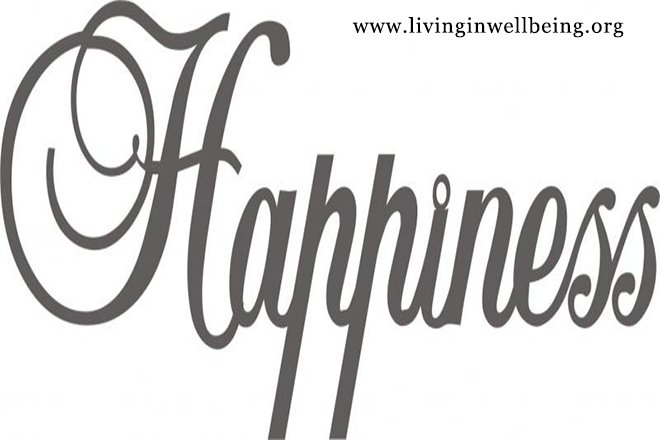
Like many people I grew up thinking that happiness was a quantity that I could acquire and keep - something I either had or I didn't. I was taught various strategies to acquire what I wanted, but the basic concept was generally that whatever I wanted, including happiness, was an external item that was subject to having or not having - to getting and holding.
Nothing I learned prepared me for the truth about happiness. I have finally understood that happiness is not an object to be acquired; it's a practice. Happiness is not a thing; it's a process. That understanding certainly flies in the face of years of information radiated into my consciousness by all sorts of sources including the most obvious - product advertisements - but it is the way happiness works.
A couple of years after my strokes I began to work with the subject of happiness. I had a life ahead of me dealing with the aftermath of the injury and I had learned that attitude plays a significant role in recovery. So I thought I would see what I could do about my general state of mind.
I began with a simple affirmation. There is a Buddhist practice of loving kindness that wishes happiness for all beings. I began to practice this affirmation regularly with an addition. I intentionally included myself. Every morning as I sent out good wishes I would say, "May all beings be happy. May I be happy." That was novel. Wishing myself happiness was something I had never intentionally done before. I had no idea what this might do for me but decided it was worth the effort to experiment to see what would happen.
This began my practice of being happy. First I set the intention. Whatever comes into my life, easy or difficult, may I be happy. Having set the intention and having said it often enough to myself, one day it occurred to me to notice and understand what happened when I felt happy. So I began to examine what in my day to day life gives rise to happiness.
The answer became quite clear. For me, happiness arises in doing something that is beneficial - something intended to help, not harm. I experience happiness when I read to a grandchild. I can experience happiness when I meditate and the "doing" consists of sitting quietly and noticing. I don't experience happiness if I am angry and yelling at someone. As I examined this closely I learned that, for me, it's the practice of doing that matters - as long as the doing is kind.
Mattieu Ricard in his thoughtful book, Happiness; A Guide to Developing Life's Most Important Skill, discusses altruism and the studies that show that people who know themselves as giving to others are much more likely to be happy than people who don't. I like to give my time and energy to benefit other people. This kind of doing brings me particular joy. There are other kinds of doing that bring me happiness as well. Once the intention is set, I can practice happiness with any beneficial action.
Now having learned more about how the brain works, I have come to understand that practicing happiness builds connections in the brain. Practicing happiness is another form of paying attention. As I pay attention to being happy and to doing things that give rise to happiness, this activity is reflected in the way connections between the neurons in my brain develop. When I practice happiness, I build pathways in my brain that reinforce the tendency to be happy no matter what is going on.
Here's an example. Yesterday, talking with my friend who is a roofer, I learned that I need to replace a section of roof before the rains come. Replacing the roof will cost money and cause some level of disruption. Acquiring or not acquiring a new roof is a thing. It's not a reason to be happy or unhappy. However, as with everything else that happens, I have a choice. I can use what I do to respond to this situation to practice happiness or practice unhappiness.
Because I have trained my brain these last few years, my response to the news from my friend invites me to look for the ways this situation will give rise to an opportunity to practice happiness. I can be kind to my friend the roofer, doing what I can to make his work easier. I can be thoughtful about how the old roofing is disposed of to be kind to the environment. Each choice I make to practice happiness reinforces the brain pathways that encourage the next practice of happiness. I literally become what I practice. Knowing this, why practice being unhappy?












